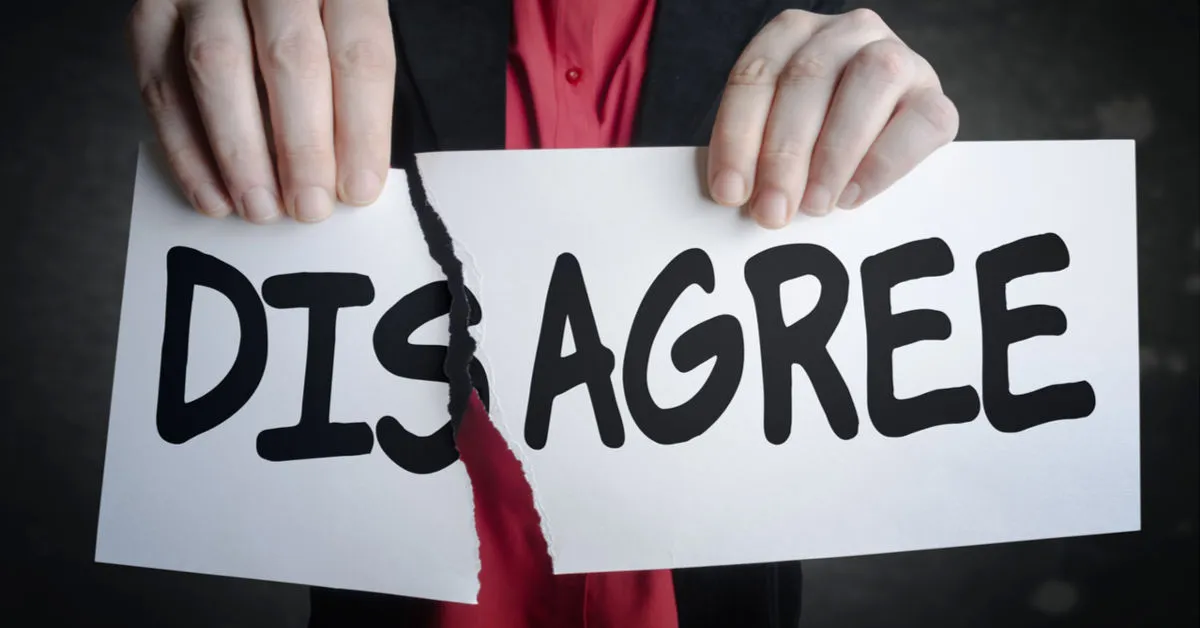Disagree. I’m afraid I have to disagree. A disagreement is a difference of opinion between two or more people. It can be about anything, from the most trivial matters to the most important issues. Disagreements can be constructive, leading to new insights and understanding, or they can be destructive, leading to arguments and conflict.
Disagreements can sometimes lead to arguments, but they don’t always have to. It is possible to disagree without getting angry or upset. Disagreements can be a healthy part of communication, as they can help people to learn more about each other’s perspectives, values, and schools of thought.
Here are some dope tips on how to disagree effectively:
We all have failed in this area of communication being selfish, rigid minds, egocentric, all-knowing, full of judgment, and with poor listening skills or defensive listening.
Listen first. Before you disagree with someone, take the time to listen to their point of view. This doesn’t mean that you have to agree with them, but it does mean that you should try to understand where they’re coming from. Most of us either do not listen right or come into an open conversation as lawyers to defend; which only means you choose what to listen to and might not get the other person’s perspective.
Focus on the issue, not the person. When you disagree with someone, try to focus on the issue, not the person. This will help to keep the disagreement from becoming personal.
Be willing to compromise. In some cases, you may not be able to agree with someone 100%. In these cases, be willing to compromise. This doesn’t mean that you have to give up your own beliefs, but it does mean that you’re willing to meet the other person halfway.

Use “I” statements. When you’re expressing your disagreement, use “I” statements to communicate how you feel. This will help to keep the conversation from becoming accusatory.
Also read: Language: Manifestation is Draining and Depressing Gen Z
Be respectful. Even if you disagree with someone, it’s important to be respectful of their opinion. Avoid using personal attacks or name-calling. Many times when name calling comes into place, either one side has no facts at all or is a secret way of accepting to cross the floor and agree with the other person’s point of view.
Ask open-ended questions. This will help you to understand the other person’s point of view and to gather more information.
Disagreements are a great deal to knowing your partner, their belief, values, morals, and attitude on certain matters, and also knowing what is sensitive to them. Disagreement does not mean one is insufficient but it might mean a different school of thought, where one might be experienced more than the other.
Accepting that one is right in a disagreement does not make you lose or change your mind. It only means that you are seeing a combined large perspective of how you are all right and have the same goal.
Disagree to agree. You might have a different angle on the issue but with the same intention and goals.
Subscribe to our YouTube channel: Switch TV.
















